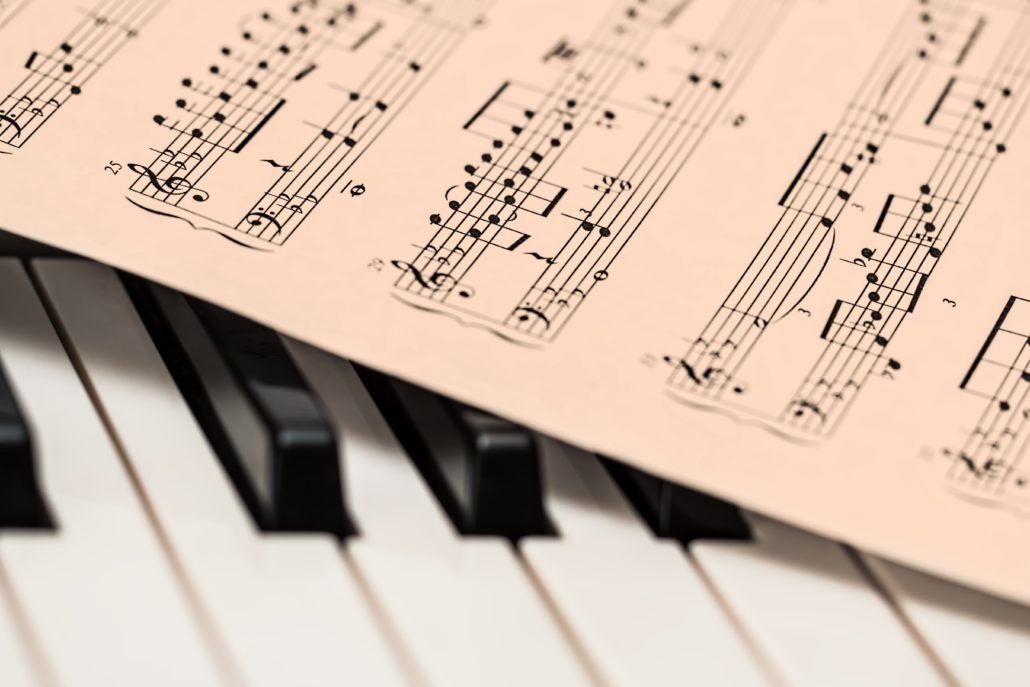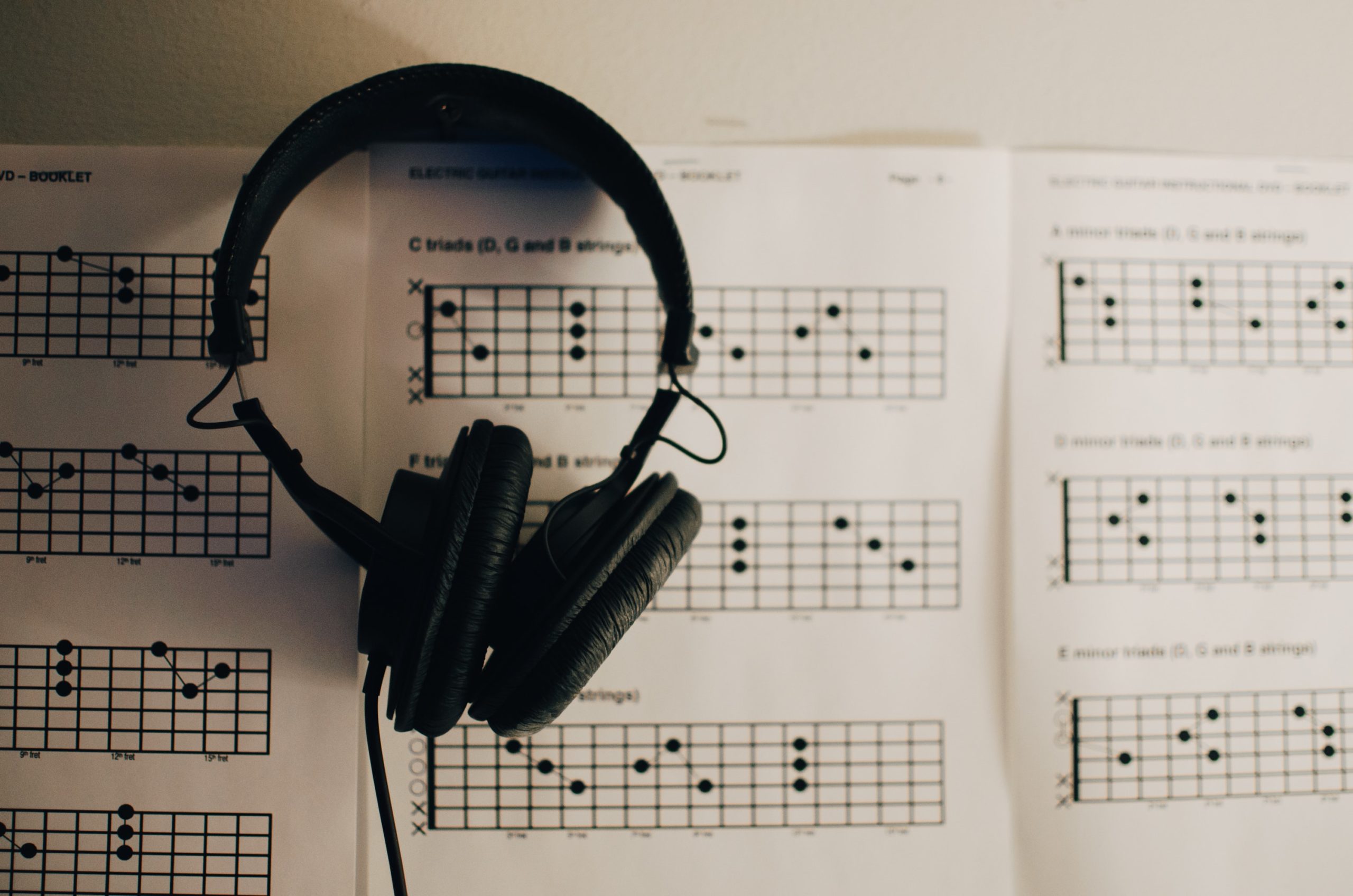What Are Music Royalties?
Music royalties are payments issued to songwriters, recording artists, publishers, and copyright holders for the usage of their musical works, whether they are sold, through a streaming music service, or through monetization. Rights over specific works are obtained through the registration of a U.S. Copyright, which protects your copyright.

Royalties exist in many forms, specifically based on what medium the music is presented in and what licensing is needed. There are three main royalty types: public performance royalties, mechanical royalties, and micro-synch royalties. Here are some basic royalties issued in the industry:
1. Public Performance Royalties
Public performance royalties are income that is generated through the commercial performance of copyrighted works. This type of royalty mainly covers streaming and broadcasts. Streaming occurs on Digital Service Providers (DSPs) like Apple Music and Spotify. Broadcasting can range anywhere from television and film to restaurants and clubs.
2. Mechanical Royalties
Traditionally representing physical reproduction, mechanical royalties generate income from music formats such as CD, vinyl, and cassette. Now that digital streaming has embodied most of today’s music consumption, digital streams generate mechanical royalties as well. In many cases these royalties would be split between the artist and their publisher, however, if you own your publishing, 100% of the royalties are delegated to you.
3. Sync Licensing Royalties
With sync royalties, the income is generated through music that is coupled with visual work. Visual media includes music videos, films, commercials, and advertisements. Anytime your music is used in a visual media of any sort, you receive royalties. In order for the media to be used, a sync-licensing fee has to be paid; this is usually a one-time payment made directly to the music publisher.
4. Digital Streaming Royalties
These royalties are paid to artists when their songs are streamed on non-interactive digital streaming services like Sirius XM, Pandora, and iHeartRadio, where the playlists and music are already curated. It is SoundExchange’s role to take those payments and allocate the royalties to whomever they are owed to. Learn more about SoundExchange here.
5. Master Recording Digital Streaming Royalties
Master-generated royalties are generated by a sound or master recording instead of a composition. Similar to digital streaming royalties, you would need to sign up with a collection agency like SoundExchange in order for them to collect and allocate royalties for non-interactive streams and to represent the artist, or the master side.
6. Print Royalties
Even though it does not generate as much income as other types of royalties, print royalties are still being used today. These royalties are generated from the use of sheet music, musical notations, or even lyrics.
7. Theatre Royalties
Theatrical royalties exist in two forms: grand rights and small rights. Each is delegated based on the type of performance taking place. Grand rights are a type of licensing mainly associated with theatrical works like operas or ballet shows. Music is written specifically for the show, thus reenactments of a show require licensing.
Small rights is a type of licensing for songs that are already commercially released and were not written for a specific dramatic presentation. This accounts for music performed by characters in the show, pre/post-show music, and music used during intermissions and scenes.

Collecting Your Royalties
Now that we’ve explored the different types of royalties, we can move to the most important part: collection. Royalties are collected and distributed by PROs, who issue them out to songwriters, copyright owners, publishers, labels, and licensing agencies.
Royalty distribution can vary between platforms, countries, and the type of royalty in question. It is essentially a network of different organizations and publishers who monitor a song’s usage and delegate proper payment back to the copyright holder.
Artists all over the world are getting paid for their music, so why aren’t you? Here at The Mezzo Agency, we have recovered and distributed unclaimed royalties to artists, songwriters, and producers across the country as a music publishing administration.

